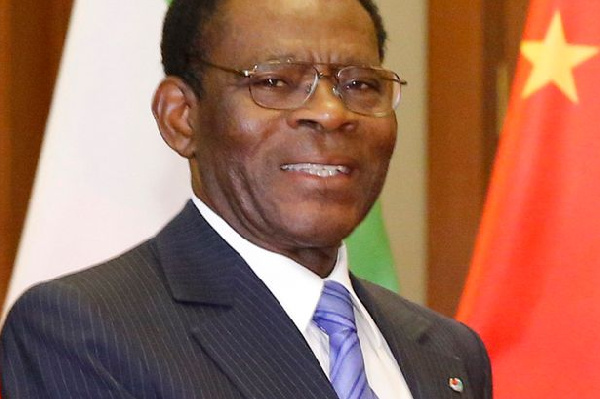
President of Equatorial Guinea, Teodoro Obiang
MALABO, Nov 22 (NNN-GNA) — Preliminary election results released by Equatorial Guinea’s government showed the ruling party winning over 99% of votes counted so far in presidential, legislative, and municipal elections held on Sunday, Nov 20.
The tiny, authoritarian, oil-producing Central African state is run by President Teodoro Obiang, the world’s longest-ruling head of state, who is seeking to extend his 43 years in office.
“What you sow is what you reap,” said Obiang, 80, who has regularly won more than 90 percent of the votes over the course of five terms since he seized power from his uncle in a coup in 1979.
“I am sure that the victory is for PDGE,” he said, referring to his party.
Two opposition candidates are standing: Buenaventura Monsuy Asumu, who has already stood in the previous five elections, and Andrés Esono Ondo, who is running for the first time.
Early, partial results showed Obiang’s ruling Democratic Party of Equatorial Guinea (PDGE) and coalition with 67,012 votes out of 67,196 counted so far. The count will continue on Monday, said a statement on the government website.
More than 400,000 people registered to vote in the country of about 1.5 million, which is split between the island of Bioko in the Gulf of Guinea and a coastal mainland sandwiched between Cameroon and Gabon.
Closing his campaign on Friday, Obiang said he decided to bring the presidential election forward by several months and hold it together with the legislative and municipal elections, to save money due to the economic crisis.
Oil and gas products account for around three quarters of revenues in the OPEC member state. But output has dwindled in recent years to around 93,000 barrels per day (bpd), from around 160,000 bpd in 2015, as oil fields mature. — NNN-GNA






